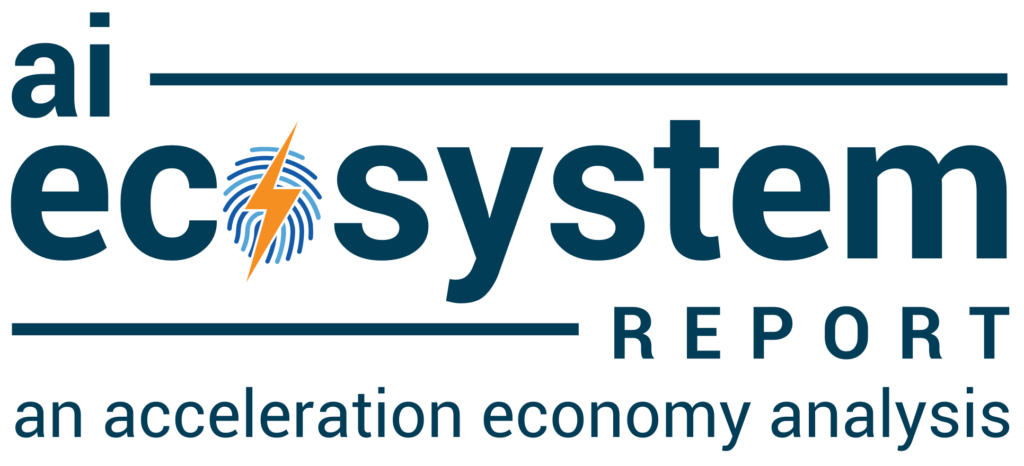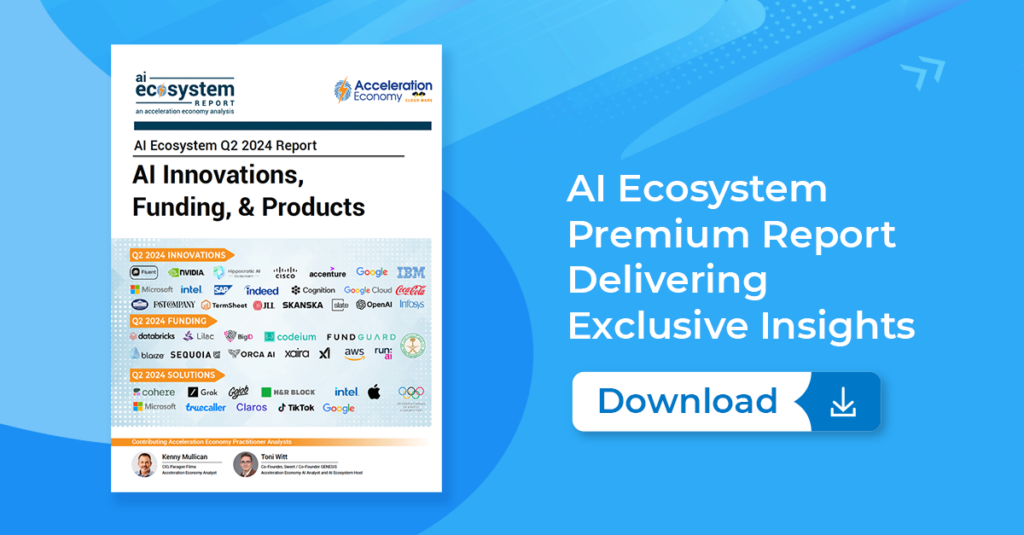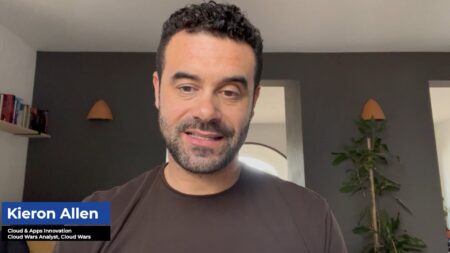
As part of the Acceleration Economy AI Industry Accelerators series that showcases individuals in vendor, partner, and customer organizations driving AI innovation and adoption, we’re highlighting the work of Lili Cheng, Corporate VP at Microsoft.
Current Role

Cheng started working at Microsoft in 2006, starting with her role managing the user experience team for the Windows division. The team was responsible for design, development, and user research for Windows. In 2009, Cheng became a distinguished engineer and continued as a general manager. This position is where she started working in Microsoft’s Future Social Experiences (FUSE) Labs under the AI and Research division.
In 2017, Cheng assumed her position as corporate vice president of the Microsoft AI and Research division while still fulfilling the responsibilities of manager and engineer. As corporate VP, Cheng oversees the AI developer platform which involves cognitive services, developing bot frameworks, and building tools for deep learning. Additionally, she leads the Emerging Technology Group for the Cloud and AI division for business applications, delivering AI-driven products and Copilot innovation.
Educational and Professional Background
Earning a degree in architecture from Cornell University and New York University, Cheng has a wide range of experiences in the technology field. As a registered architect, Cheng has worked on commercial urban design and large-scale building projects. She also returned to New York University as well as Harvard University to teach.

Lili Cheng of Microsoft
| Title | Corporate VP |
| Previous Employer | Apple |
| Key Initiatives at Microsoft | AI developer platform, Copilot |
| AI Passions | Bot frameworks, cognitive services, Copilot development |
| In her own words | “AI needs to be built in a way that earns trust.” |
AI Projects and Passions
Her involvement with the AI developer platform highlights her passion and knowledge of bot technology. In terms of cognitive services, Cheng is involved with implementing cognitive AI APIs for vision, speech, language understanding, knowledge, and search into AI systems. Cheng also contributes to building bot frameworks that support developers in integrating and deploying intelligent conversational AI bots to enhance customer experiences.
In an interview with Forbes, Cheng explained, “Great bots mix natural language processing, relevant data, and intelligent services to create a great experience that are worldwide-deployed and monitored via Azure. Bots built with the Bot Framework also adapt to their environment, letting people type, talk, or touch, depending on circumstance.” As Microsoft continues engaging with customers, Cheng continues to learn new ways to enhance bot technology for interactive and conversational experiences.
“We’re really excited about how our customers are using AI to build their brands and better engage with their customers or employees,” she said.
As her career evolved, working on bot frameworks has led to Cheng’s involvement with Copilot technology. For instance, she has been part of integrating the Microsoft Copilot for Dynamics 365, expanding Microsoft’s work with GenAI. Earlier this year, she contributed to driving Copilot for Dynamics 365 Guides. These are intended to transform “frontline operations, putting AI in the flow of work, giving skilled and knowledge workers access to relevant information where and when they need it.” Through this involvement, it’s evident that Cheng remains passionate about workforce transformation with AI.
Latest Microsoft News
With over 60,000 organizations using Azure AI, Microsoft aims to empower “developers to become AI developers.” With this in mind, Microsoft is partnering with GitHub to bring Azure AI to its community. In shifting Azure AI to an open platform, developers can experiment with custom AI applications while keeping up with the rapid pace of market evolution.
The cost, latency, design, and safety of Azure AI demonstrate Microsoft’s dedication to providing the leading AI model. Through the Microsoft-GitHub partnership, developers can access the latest models with the flexibility to combine various capabilities, performance metrics, and cost efficiencies.
Microsoft has plans to expand Azure AI in terms of language, vision, and multi-modal services. Additionally, the GitHub models have Azure AI Content Safety integrated, which includes built-in safety and security controls as well as real-time protection from risks like hallucinations and AI-specific attacks.
Big Quote
“We believe that AI needs to be built in a way that earns trust, and that AI systems need to be designed with protections for fairness, reliability and safety, transparency and accountability, privacy, and be inclusive.”

The AI Ecosystem Q2 2024 Report compiles the innovations, funding, and products highlighted in AI Ecosystem Reports from the second quarter of 2024. Download now for perspectives on the companies, innovations, and solutions shaping the future of AI.






